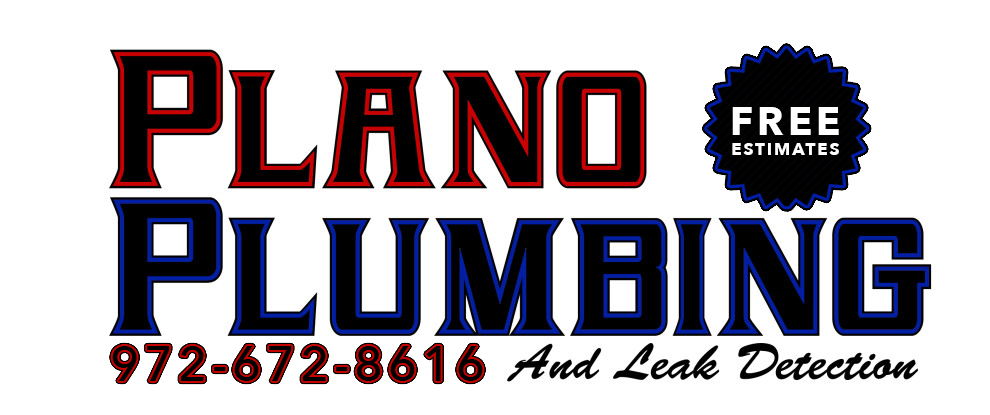Many appliances in residential and commercial properties are gas-powered. Unfortunately, there are no standards or regulations when it comes to gas detection sensors, so they may not always be the most accurate. Gas leaks are a threat because of the risk of explosions as well as potential carbon monoxide poisoning and other health risks.
With that in mind, it’s important for homeowners to know how to check for gas leaks in their homes. If you can spot the signs earlier, you can manage the risk of gas leaks and have a professional come out to address the gas leak as soon as possible.
How to Check for Gas Leaks in Your Home
If you know the signs to look out for around your home, you can detect a gas leak as soon as it happens. Here’s what you should look out for if you want to know how to test for a gas leak at home.
Recognizing the Smell of Gas Leaks
The most common way to spot a gas leak is through smell. Propane and butane have their own distinct scents. Natural gas is odorless, which is why gas companies manufacture gas to have an unpleasant sulfuric smell so that people can recognize it and associate it with gas leaks. If you smell something that reminds you of rotten eggs, it might be a sign of a gas leak.
However, just because you don’t smell a potential gas leak doesn’t mean it’s not there. Certain factors can affect your ability to smell, including:
- Colds and other illnesses that cause sinus congestion.
- Smoking habits, especially if you or someone in your household smokes indoors.
- Strong odors from food such as fried food, fish, and other pungent foods.
- Medications that dull your sense of smell.
- Musty basements mask the smell of gas leaks.
With these factors in mind, looking for the smell of gas leaks may not be enough.
Buy Devices for Your Home
You can invest in several devices that can detect gas leaks or carbon monoxide, which is a sign of a potential gas leak. You can find devices like gas leak detector pens and carbon monoxide sensors online or at your local hardware store. Place these devices around your home or anywhere close to appliances and electronics that are connected to your gas line.
Since not all gas detectors may have the same results because of a lack of standards and regulations, it might be a good idea to invest in a quality device. For gas leak detectors, detector pens are highly recommended because they can detect natural gas, butane, and propane and are extremely sensitive to any change in the air.
Listening for Gas Leaks
You might be able to hear an unexplained hissing coming from somewhere in your home. This could be a sign that there’s gas leaking out of its pipes. In case you hear this as well as smell a gas leak or have one of your sensors go out, evacuate your home immediately. Though gas leaks are common, it’s better to be safe than sorry and take precautions.
What to Do If You’ve Spotted a Gas Leak
Avoid turning on any lights or using your phone in your home. Evacuate your home and contact either your gas company or a professional who can handle gas leaks. You may experience temporary symptoms like dizziness, headaches, shortness of breath, and blurred vision.
Contact Plano Plumbing for Gas Testing, Leak Location, and Repairs
In case of gas leaks, it’s best to take precautions to avoid the health hazards and safety risks of a leak on your property. With Plano Plumbing, you can take steps to ensure your gas connection is secure and handled in a safe and prompt manner.
If you suspect a gas leak in your home, contact our team to have a professional locate the leak and repair the issue as quickly as possible. We also offer gas testing for regular maintenance and to ensure your gas connection is functioning properly and less prone to breaking and leaks.
For your gas testing, leak location, and repair services, get in touch with Plano Plumbing today by calling 972-672-8616.

